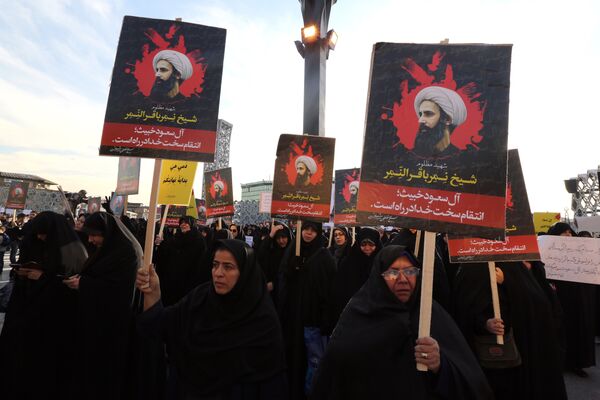True, Iran is about to enter the already oversupplied oil market, while China's economy is predicted to become less hungry for oil. Yet these factors, according to the strategic risk consultant, are not enough to explain the current trend. The cold spell between Iran and Saudi Arabia, tensions between Russia and Turkey, as well as Moscow's engagement in Syria should have affected the oil market.
The oil kingdom's future is another factor that, according to Engdahl, should be taken into consideration. Rumors are circulating that King Salman could abdicate in favor of his 30-year son, Mohammed, who has been credited with making Riyadh's most controversial steps, including the military operation in Yemen and the execution of a prominent Shiite cleric, Sheikh Nimr al-Nimr.

This could spell trouble for the future of black gold. Up to 25 percent of the Saudis are Shia. Incidentally, the largest oil field in the world, Ghawar, as well as virtually all Saudi oil reserves, are located in the Shia-populated Eastern Province of the oil kingdom, which is ruled by the Sunni monarchy.
"I have a strong gut feeling that there is something very big, very dramatic building in world oil markets over the coming several months, something most of the world doesn't expect," Engdahl noted. "Everything tells me that the world is in for another big oil shock."
If this assessment is true, this shock will not take place straight away, because US shale oil industry is still afloat, even though it "is hanging by its fingernails on the edge of a cliff of massive bankruptcies," as the analyst described it.
"The shale oil industry in the US today is dominated by what BP or Exxon refer to as 'the cowboys,' mid-sized aggressive oil companies, not the majors," the analyst explained. "Wall Street banks like JP Morgan Chase or Citigroup who historically finance Big Oil, as well as Big Oil itself, clearly would shed no tears at this point were the shale boom to bust, leaving them again in control of the world's most important market."
The analyst refrained from making predictions, but he did ask whether "something very ugly" was "brewing in the Persian Gulf." According to some estimates, a military conflict between Saudi Arabia and Iran could dramatically drive oil prices up. It could "put oil back into triple-digit territory," editor of Oilprice.com James Stafford assumed.
Dr. Hossein Askari from the George Washington University recently told Oil & Gas 360 that if Tehran and Riyadh "attack each other's loading facilities, then we could see oil spike to over $500 and stay around there for some time depending on the extent of the damage."




